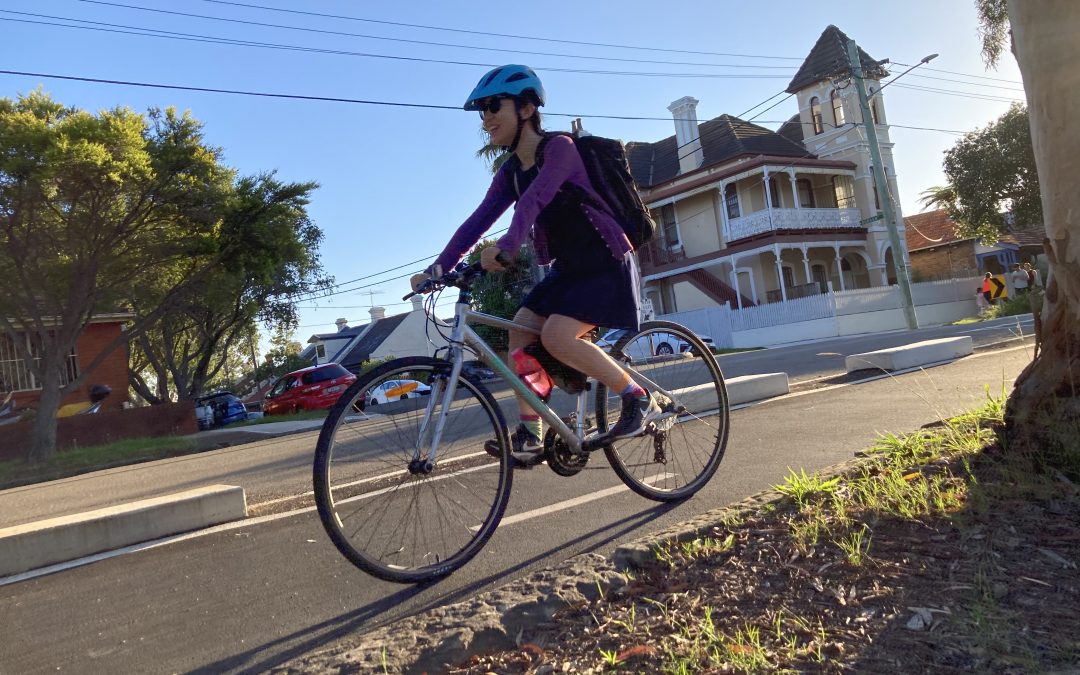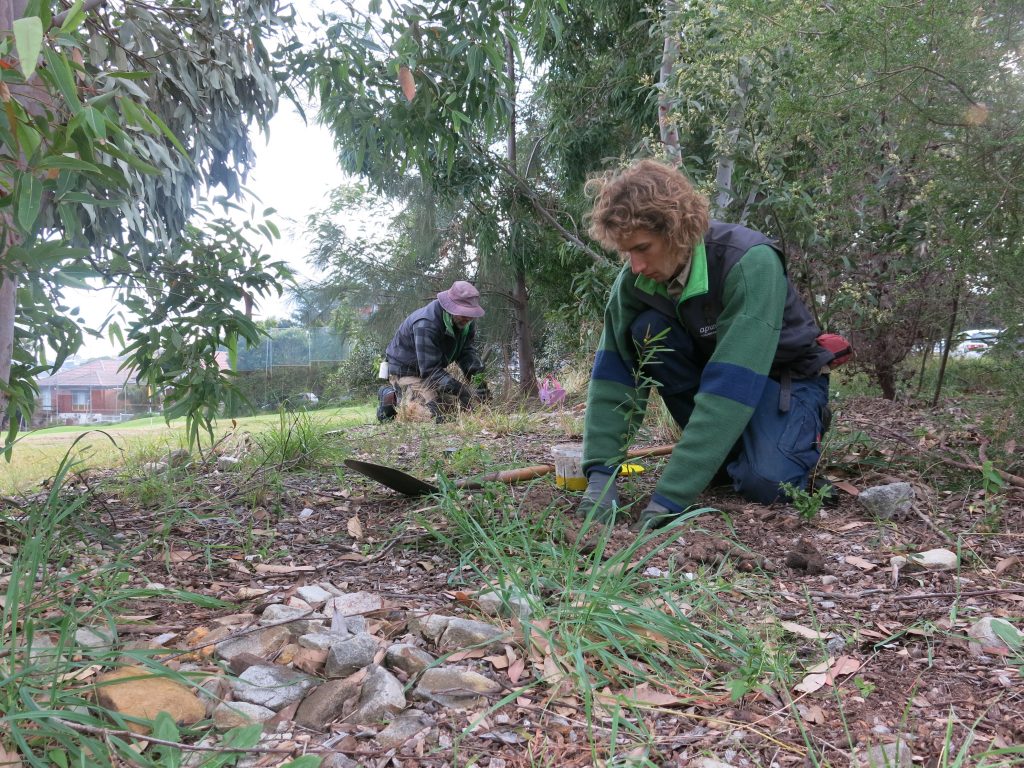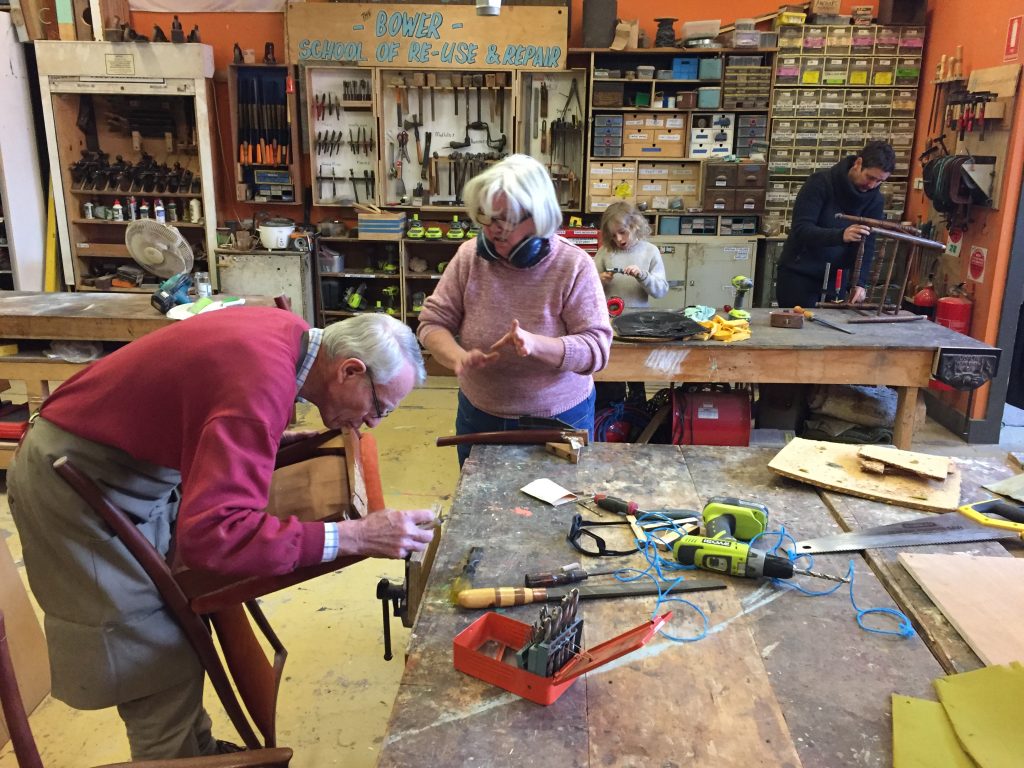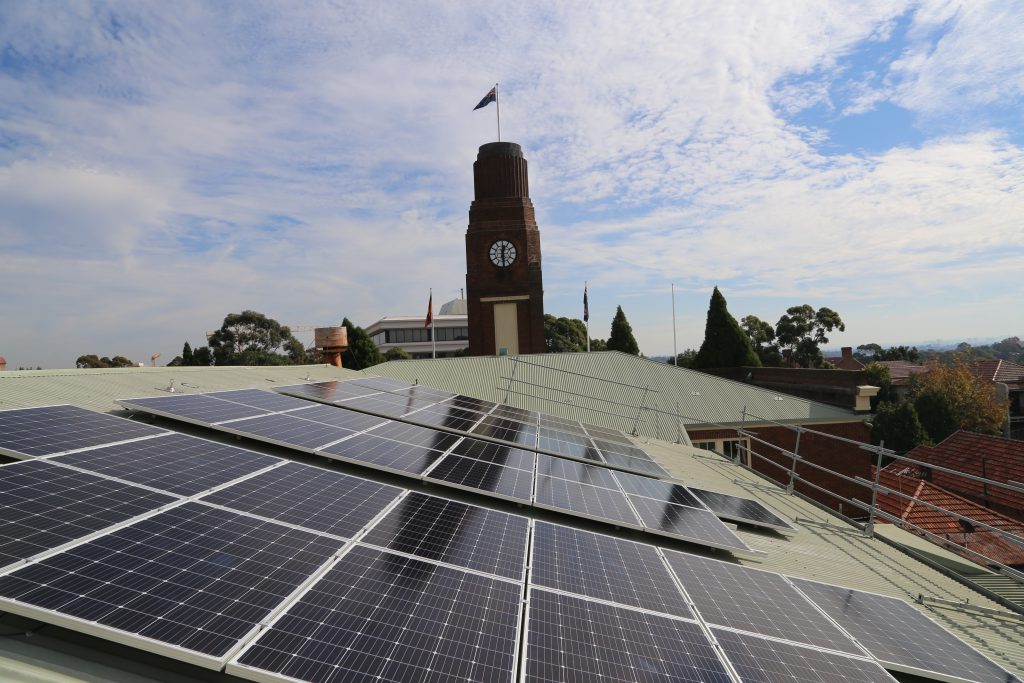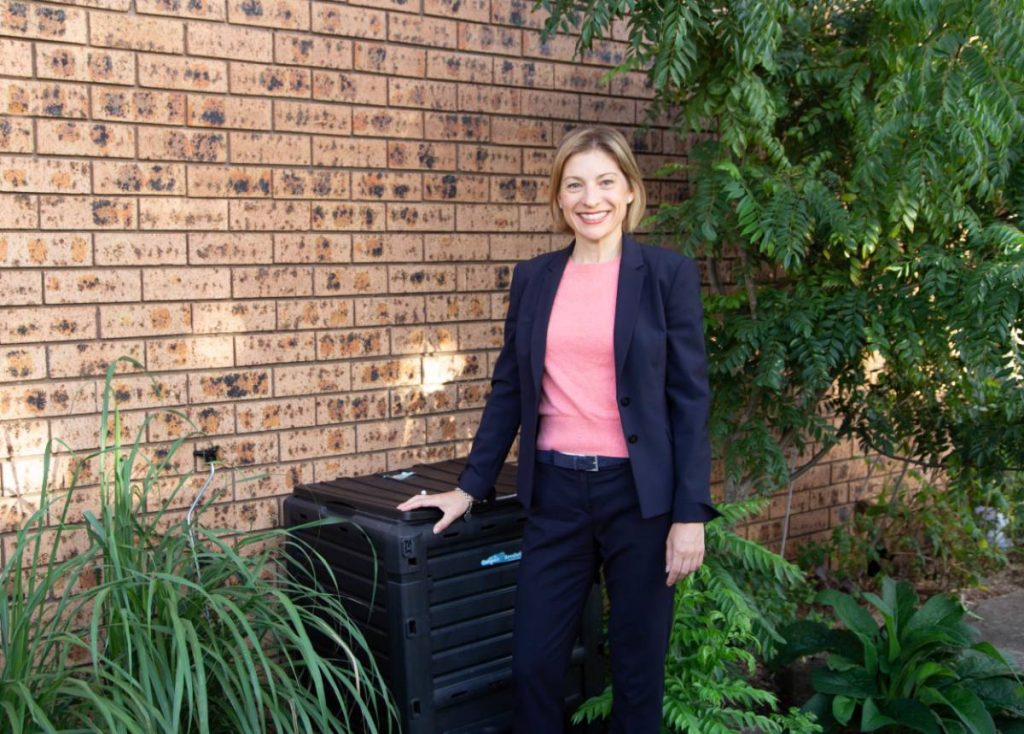The 2021 climate summit is over and the world’s nations have signed the Glasgow Climate Pact. Some positive advances have been made, but there is still a way to go to reduce the most severe impacts of climate change. Some of the successes were:
- The goal of limiting global emissions to 1.5 degree Celsius, rather than 2 degrees, is still within reach.
- Countries will have to report annually on their targets and actions, instead of every five years.
- The need to protect, conserve and restore nature was recognised, and more than one hundred countries agreed to reverse deforestation by 2030.
- The USA and China announced a bi-lateral agreement for enhanced co-operation and established a working group on climate.
- The announcement of a global methane pledge to reduce methane emissions by 30% by 2030.
- A doubling of finance for adaptation measures for developing countries was agreed.
- A greater voice for indigenous peoples and those most affected by the climate change impacts.
For a very detailed analysis of COP26, read this article from Carbon Brief. You might also be interested in an Australian perspective, and the assessment by Christiana Figueres, the lead negotiator of the 2015 Paris Agreement.
Inner West Council has responded to the climate crisis with action. Its declaration of a climate emergency and adoption of a Climate and Renewables Strategy set ambitious targets to become carbon neutral, powered by 100% renewable energy by 2025. Council understands local community action is more important than ever and is actively working with businesses, schools, households and community groups to increase solar across the Inner West. Over the past two years 12 businesses and over 60 strata groups have sought Council advice over solar, over 20 schools have participated in the Solar my Schools program, over 800 local households have received energy advice and assistance through Council’s solar advice service and approximately 100 households have installed solar directly through Council’s service (with a capacity of over 400kw).
We know that the Inner West community is doing a lot already. If you’re looking for more ways to reduce your impact and adopt a low carbon lifestyle, here are some suggestions:
- Calculate your carbon emissions to help you identify the areas where you can make the biggest impact.
- Rethink your consumption patterns and participate in the share economy. For example, take broken items to a repair café.
- Switch your electricity and gas to 100% renewable green power.
- Research responsible investment so that your super, banking and other investments support renewable energy and climate action.
- Install solar panels on your home or apartment. Council can help you go solar.
- Look at your travel options. Perhaps you could take the train on your next long-distance journey instead of flying, or choose active transport instead of the car for shorter journeys.
- Cut your food waste in the kitchen, compost or worm farm your food scraps or sign up to Council’s food recycling service for apartment dwellers.
- Take care of our bushland and increase local biodiversity by joining a bushcare group and/or planting native species in your garden. These are ways to avoid, halt and reverse ecosystem degradation, and draw down carbon.
- Grow your own fruit and vegetables or join a local community garden and learn from those already doing this.
- Connect with others, talk about climate change and join a local group that is making a difference like Climate Change Balmain Rozelle.
“We are, after all, the greatest problem solvers to have ever existed on Earth. If working apart, we are a force powerful enough to destabilize our planet. Surely working together, we are powerful enough to save it.” David Attenborough.

